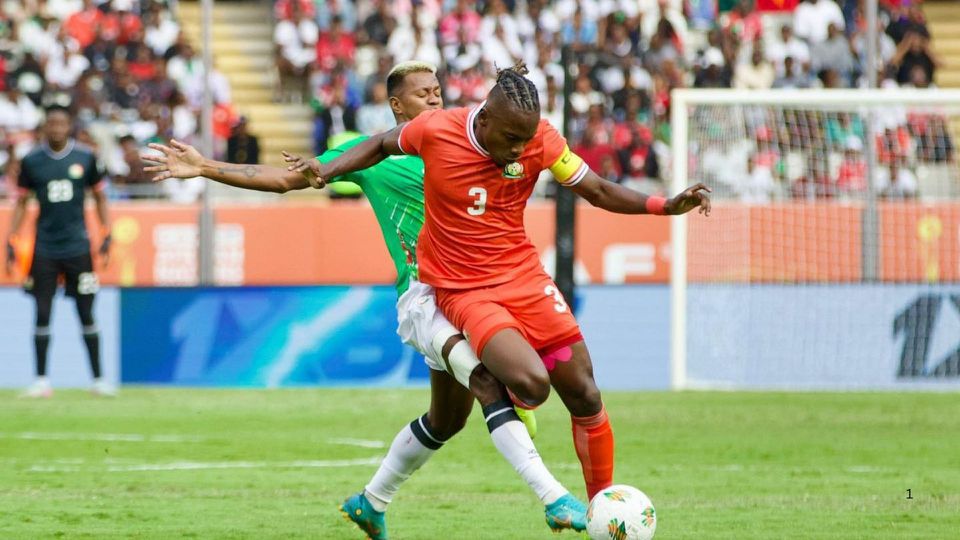The quarterfinal clash between Kenya and Madagascar in the African Nations Championship (CHAN) ended in heartbreak for the host nation, with a 4-3 penalty shootout defeat following a 1-1 draw. However, the match has been overshadowed by intense controversy surrounding the officiating, prompting a formal complaint to the Confederation of African Football (CAF).
The dispute centers on two pivotal moments during the game. The first involved a disallowed goal for Kenya’s Ryan Ogam early in the second half. Ogam appeared to have doubled Kenya’s lead with a well-taken finish, but the referee ruled it out for a foul in the buildup. Replays suggested the contact was minimal, leaving many fans and analysts to argue that Kenya was unjustly denied a crucial advantage.
Later in the game, Madagascar was awarded a penalty after Kenyan defender Lewis Bandi was judged to have handled the ball in the box. While the ball did make contact with Bandi’s arm, the decision was widely viewed as harsh. Madagascar converted the penalty, leveling the scores and eventually forcing the match into penalties, where Kenya fell short.
The controversy prompted former Nairobi Governor Mike Sonko to file an official complaint with CAF, alleging that biased officiating directly contributed to Kenya’s elimination. Sonko’s petition, submitted through legal representatives, specifically highlighted the disallowed second goal and the penalty awarded to Madagascar as violations of fair play. The complaint requests a comprehensive review of the referee, assistant referees, match commissioner reports, match recordings, and VAR footage to ensure a just outcome.
Furthermore, the appeal urges CAF to suspend the progression of the tournament, including the semi-final between Madagascar and Sudan, until the matter is fully reviewed. Sonko’s legal team emphasized the urgency of the complaint, noting that if CAF fails to respond within 24 hours, they are prepared to escalate the matter to the Disciplinary Board under CAF Statutes.
This incident has reignited debates over refereeing standards in African football, highlighting the growing calls for transparency, accountability, and consistency in officiating at major tournaments. For Kenyan fans and officials, the controversy underscores the need to safeguard fair play and ensure that match outcomes are determined on merit rather than disputed decisions.

